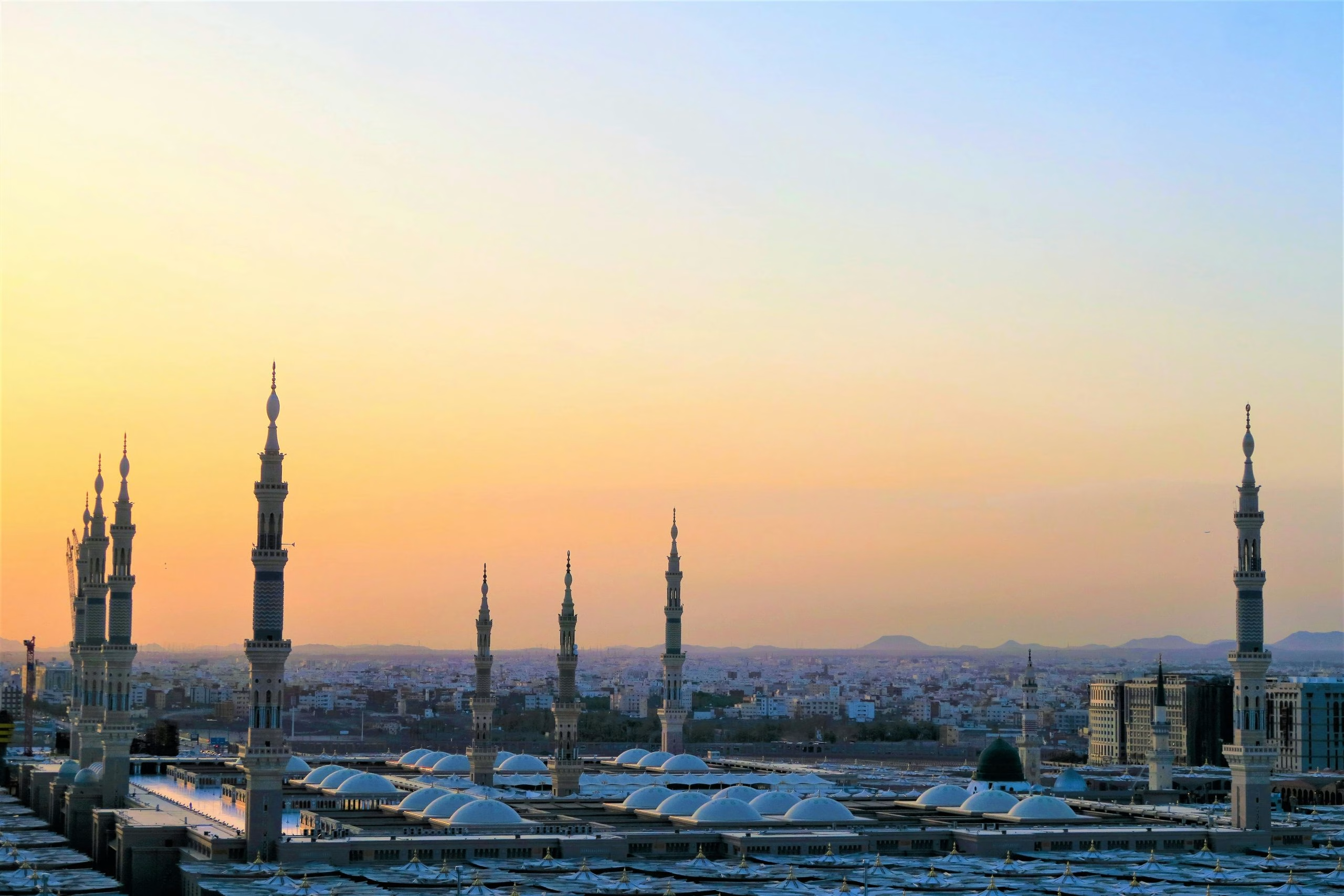The merciful prophet (Peace be upon him)
All Perfect Praise Be To Allaah (ﷻ) The Most High… Tag: The tender hearted 🫀, طيب القلب Peace be upon him: In Islam, being “tender-hearted” or “soft-hearted” (raqiq al-qalb) is…
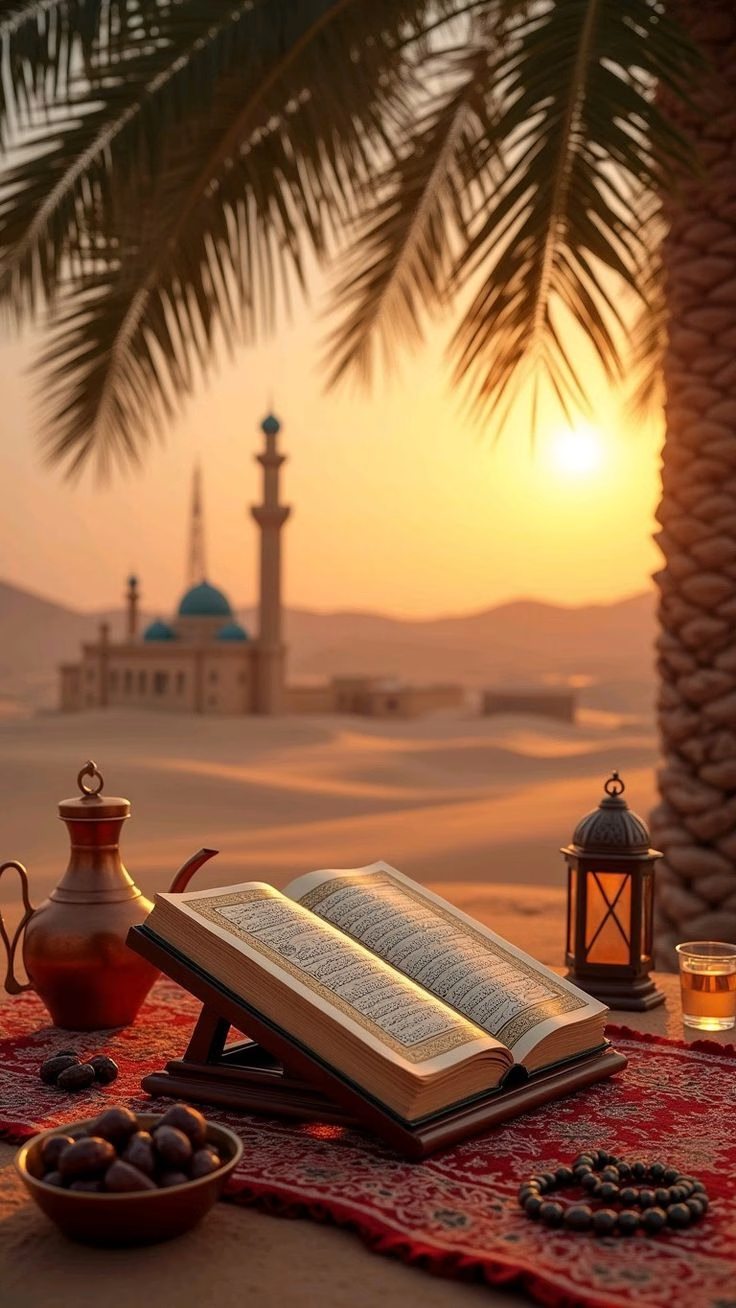
Articles, News,Podcast and videos
All Perfect Praise Be To Allaah (ﷻ) The Most High… Tag: The tender hearted 🫀, طيب القلب Peace be upon him: In Islam, being “tender-hearted” or “soft-hearted” (raqiq al-qalb) is…

Discover the powerful health benefits of Sunnah foods like dates, olives, and black seed. Learn how the Prophet’s (PBUH) diet aligns with modern science for optimal wellness. In our search…
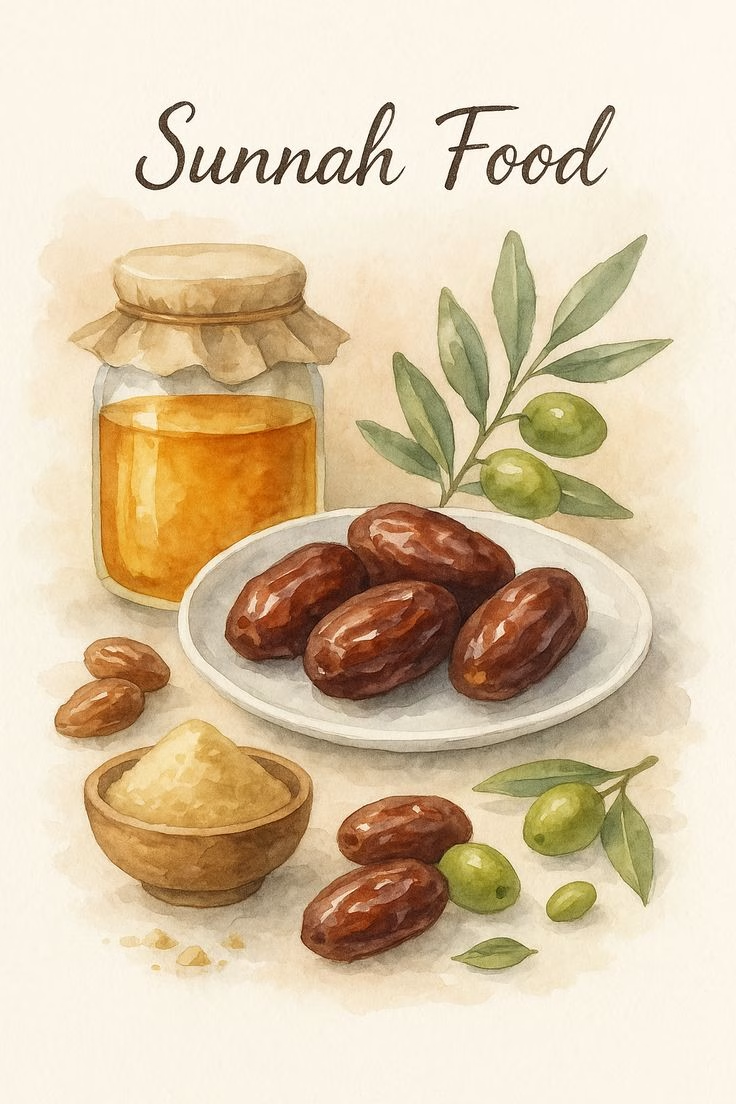
Discover the top 10 Sunnah foods from the diet of Prophet Muhammad ﷺ with proven health benefits and authentic hadith references. A must-read for every Muslim! 🌴 1. Dates (Tamar…
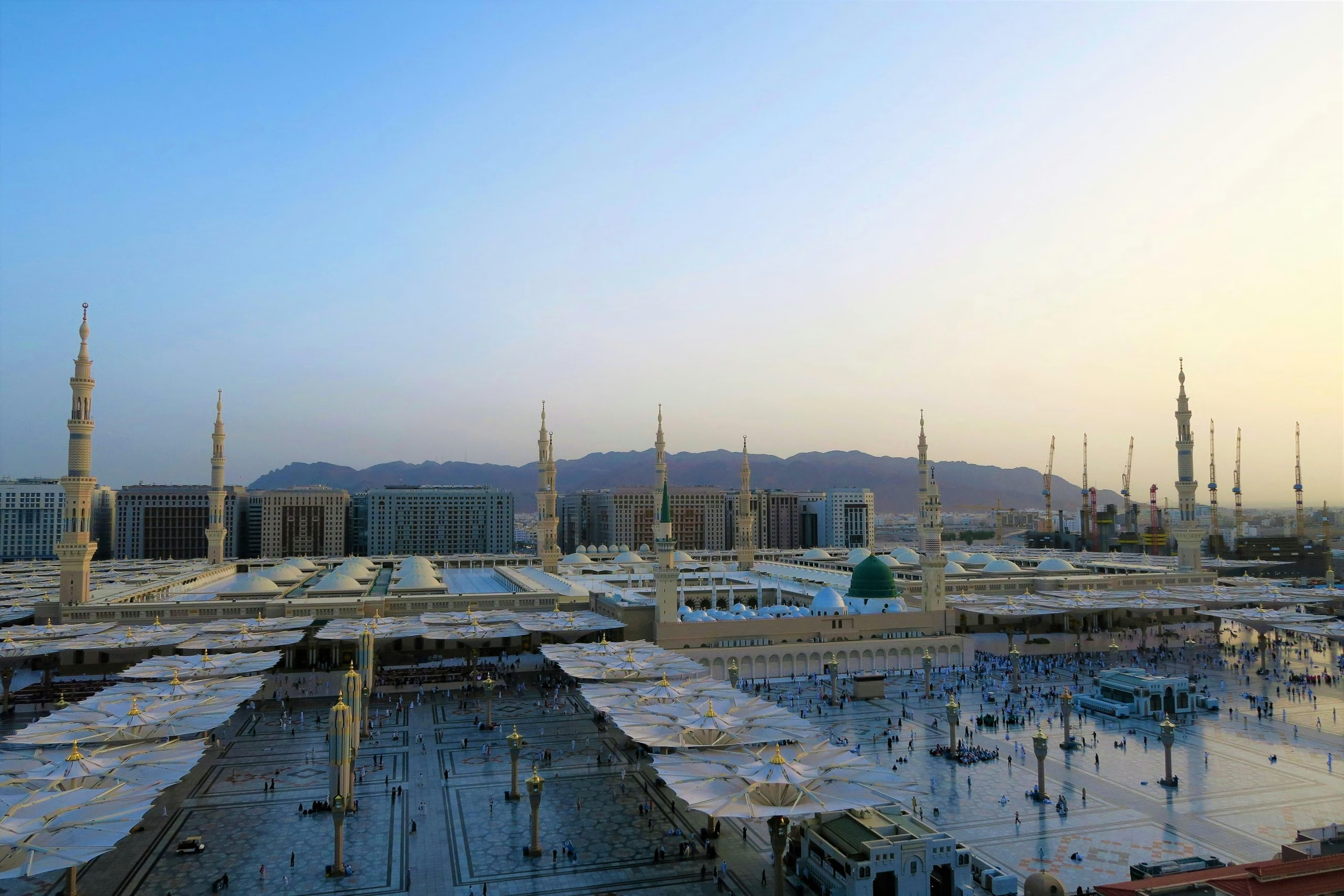
Durood 🌿 Qur’anic Command Allah ﷻ commands believers to send blessings on the Prophet ﷺ: إِنَّ ٱللَّهَ وَمَلَـٰٓئِكَتَهُۥ يُصَلُّونَ عَلَى ٱلنَّبِىِّ ۚ يَـٰٓأَيُّهَا ٱلَّذِينَ ءَامَنُوا۟ صَلُّوا۟ عَلَيْهِ وَسَلِّمُوا۟ تَسْلِيمًا“Indeed, Allah…
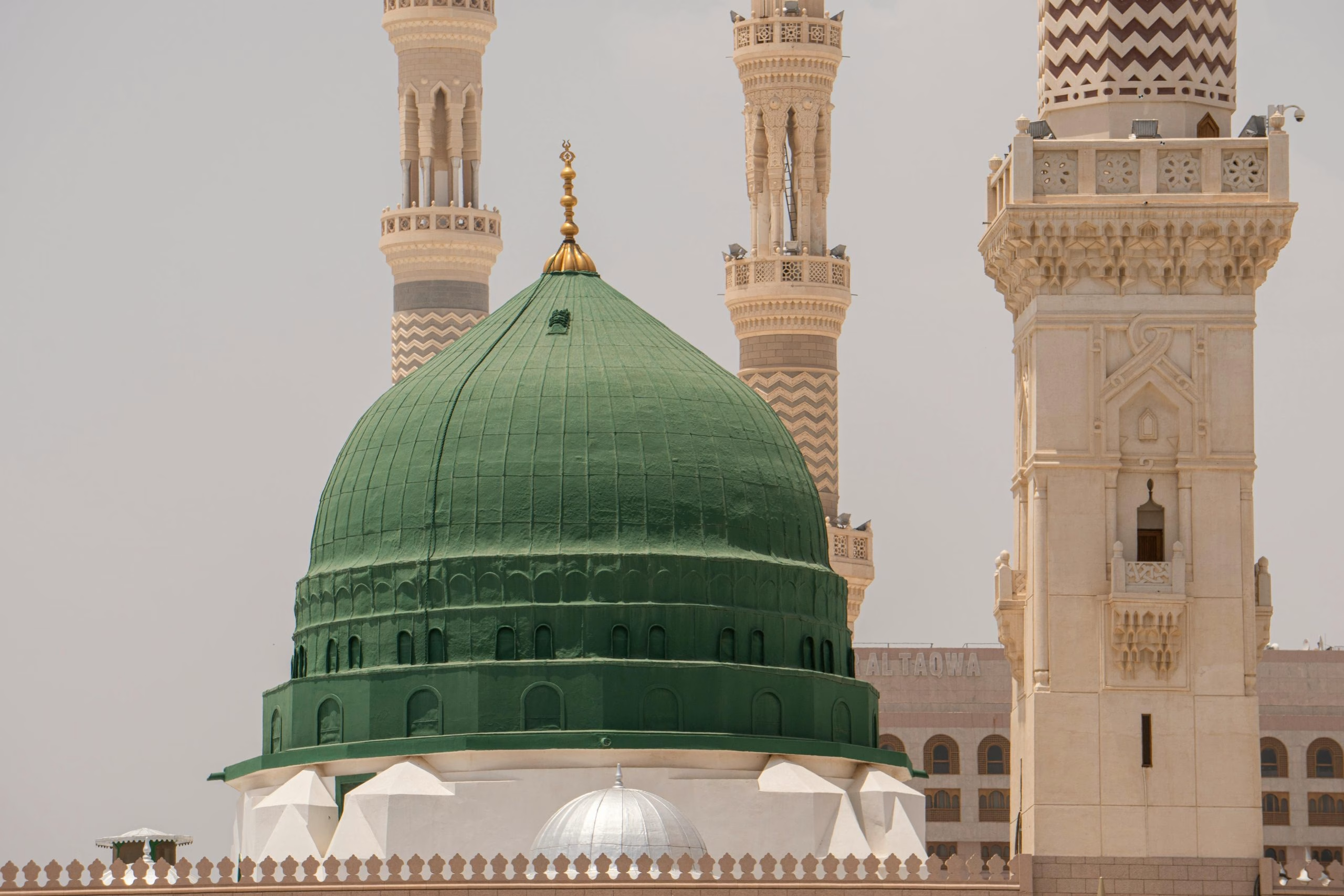
The Prophet ﷺ said: “I know a stone in Makkah that would give me salaam before Prophethood.” Imagine that! A stone recognising the Messenger of Allah ﷺ and saying “As-salāmu…
